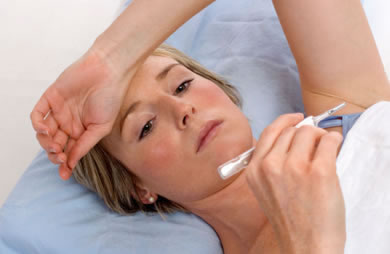The 10 Germiest Surfaces You Touch Each Day
-

Your Desk
After clocking eight hours in a cubicle, the last thing most of us want to do is clean that workspace, but studies have shown that our work areas, and desks in particular, are among the germiest places in the office. They're even germier than shared toilet seats--400 times germier, in fact. With many people not only working but eating, socializing and even lounging at their desks, these spaces become a haven for microbes. In addition, because desks aren't expected to be germy, they're disinfected less regularly than, say, shared restrooms. So, clean your desk regularly with a disinfectant. If you can't clean your workspace frequently, at least consider doing so before working through lunch. Because not all cleaners are meant for food surfaces, check labels carefully; you might need to wipe down the desk with water before unpacking your meal.
-

Telephone Receivers
You might clean your cell phone once or twice a year (we hope), but does your workplace receiver get the same attention? It might not, and for those unlucky enough to share a phone, the receivers become dirtier and dirtier. A 2001 study found that telephone receivers in the office were more even germier than the desks (gulp). For cleaner calling, check with your IT department to see which types of cleaning products can be used for telephone receivers--and your keyboard and mouse, while you're at it.
-
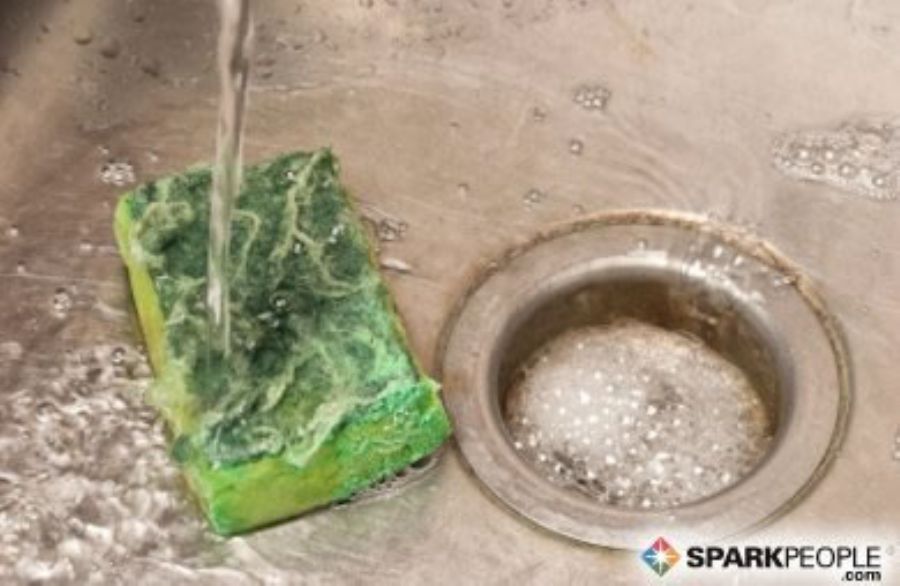
Kitchen Sponges
You might use it to clean, but your kitchen sponge is among the dirtiest items in your home, according to a report by NSF International, a public health agency that tests and certifies food products as sanitary, among its many services. If you're a vegetarian, you might be at less of a risk, as many (but not all) of the germs that enter a kitchen are carried on raw meat. To clean sponges, rinse them with clear water and pop them in the microwave for a minute. Every other week, toss your sponge, and swap dish towels every one or two days.
-

Shopping Carts
The disposable wipes popping up in grocery stores aren't just for peace of mind; grocery cart handles are among the dirtiest things you're likely to touch in public. Think about it: diapered babies sit in the cart, blood from uncooked poultry drips into it, and a constant stream of new germs get added to the mix as shopper after shopper rolls the cart around the store. If your grocer offers wipes, use one for the cart handle and consider giving the basket a quick wipe down, too. If not, wash your hands after you get home and take care to clean produce thoroughly before eating it, especially if it was placed directly into your cart.
-
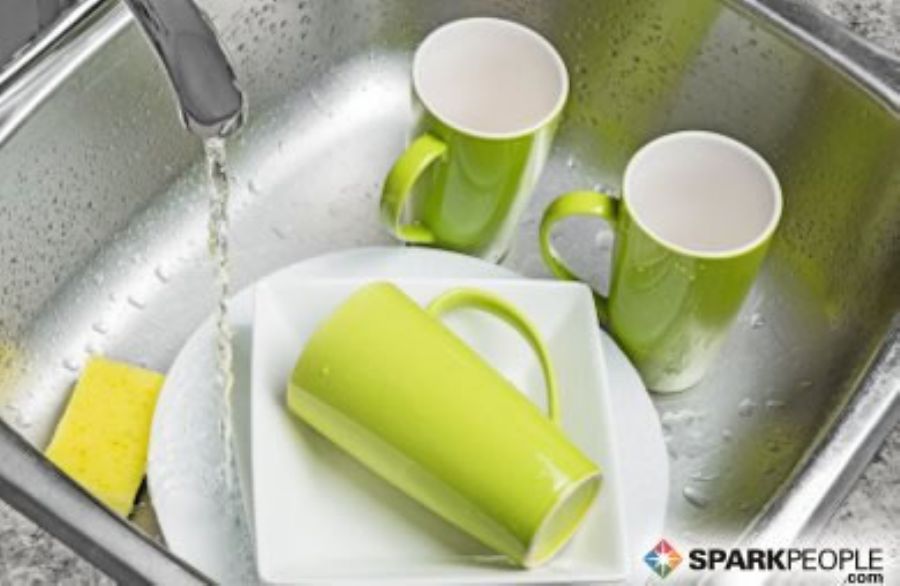
Sinks
In both bathrooms and kitchens, sinks abound with bacteria and other germs. And while we often blame food poisoning on restaurants, contamination in personal residences is the most common source of this icky illness. To avoid foodborne germs, disinfect your kitchen sink at least once a week. The NSF International recommends that you throw your strainer in the dishwasher once a week, too, and rinse drains and disposals with diluted bleach once a month.
-

Schools
It's bad news for teachers, bankers and accountants, but their professions are among the germiest, according to popular germ researcher Chuck Gerba. A 2005 study Gerba conducted found that teachers face the germiest workplaces, followed by accountants and bankers (physicians were fifth on the list). What accounts for the difference? It might be that doctors' offices are expected to carry more germs and are regularly disinfected. If you work in one of these professions, don't head for the door just yet. Instead, take special care to follow CDC-recommended hand-washing procedures and check the advice above for keeping your workspace clean.
-
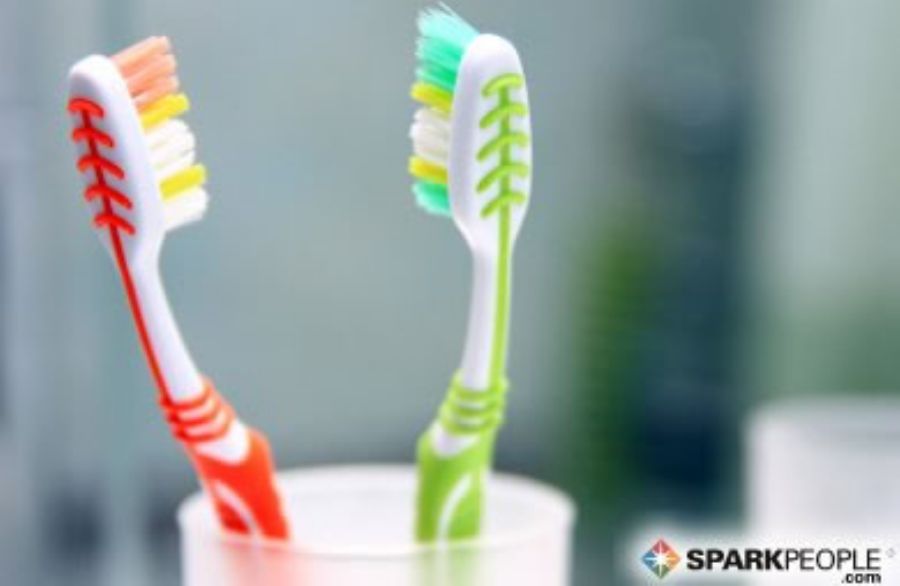
Toothbrush Holders
Your toothbrush is germy, but not just because it's used to clean your mouth. If you habitually leave the toilet seat up while flushing, researchers have found, a plume of water and bacteria from the toilet bowl spread over the bathroom and can settle on toothbrush bristles. Surprisingly, toothbrushes don't have the most measurable germs, though this might have the highest "yuck" factor of all the items on our list. What does have a high concentration of germs is the toothbrush holder, especially ones in which toothbrushes can touch, spreading germs from brush to brush. Luckily, avoiding this bacterial trap is easy: Keep toilet lids down while flushing, clean toothbrush holders regularly and keep toothbrushes separated if you share a holder.
-

Pet Bowls and Toys
Just because Fido can't catch a cold from you doesn't mean he can't get sick from a germy water dish or toy, the NSF International found. Some pet owners might be washing pet dishes less frequently than those used by people, but these findings mean it's not only important to wash pet dishes and toys but also to wash your own hands after handling these objects. Try washing pet dishes daily, too.
-
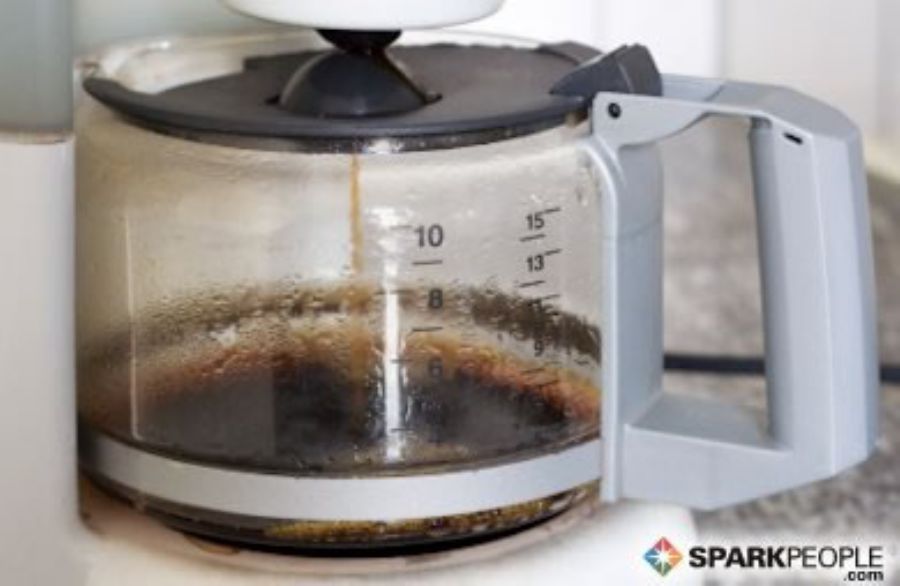
Coffee Pot Reservoirs
Although coffee carafes didn't earn a mention from researchers, the water reservoirs behind them did. It might be tempting to pour the water into the coffee maker and forget about it, but mold and mildew flourish in damp, dark environments. For a healthier brew, clean your coffee pot by running white vinegar through it. Then, "brew" a few pots of plain water to flush out this natural cleaner.
-
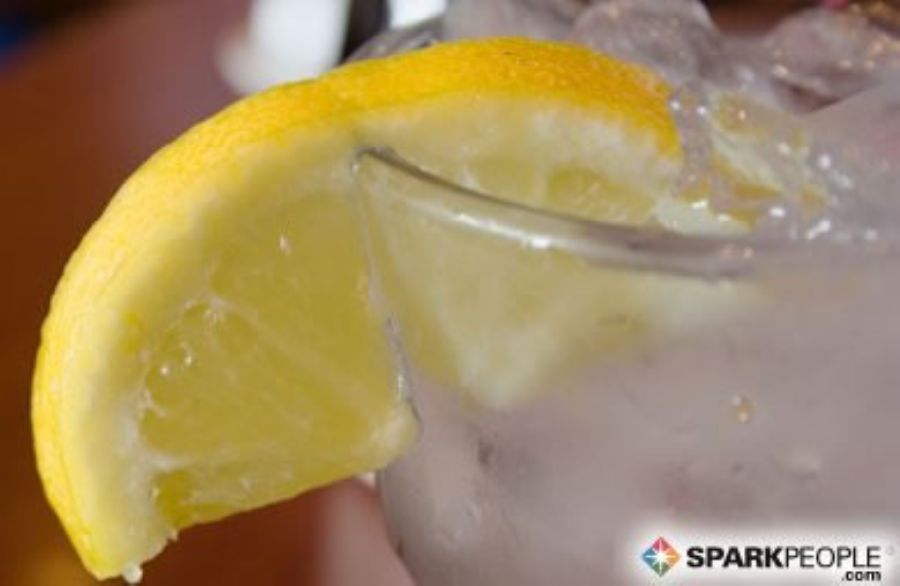
Restaurant Garnishes
Although lemons themselves have natural antimicrobial properties, the bar fruit served as a cocktail garnish or perched on the rim of a glass of water is likely carrying potentially harmful germs, according to a 2007 study published in the Journal of Environmental Health. Although the study didn't investigate limes, cherries or other bar fruit (or alcoholic drinks), a range of microbes was found on lemon rinds and inside the fruit. When ordering a drink at a restaurant, ask the wait staff to forget the garnish or drink your beverage without it. Your body might thank you later.
The 10 Germiest Surfaces You Touch Each Day
by Robin Donovan, Health Writer
There are some places that just seem dirty. Public bathrooms, baby pools, hospitals and doctors' offices are all likely to raise concerns about cleanliness. You might be surprised to find out that some of the dirtiest things we touch are rarely suspected as sources of germs. In fact, even public restrooms fare pretty well in terms of cleanliness compared with your personal workspace or cell phone. Keep reading for a list of the top places germs love to hide and how to avoid them.
Start Slideshow
Your Desk
After clocking eight hours in a cubicle, the last thing most of us want to do is clean that workspace, but studies have shown that our work areas, and desks in particular, are among the germiest places in the office. They're even germier than shared toilet seats--400 times germier, in fact. With many people not only working but eating, socializing and even lounging at their desks, these spaces become a haven for microbes. In addition, because desks aren't expected to be germy, they're disinfected less regularly than, say, shared restrooms. So, clean your desk regularly with a disinfectant. If you can't clean your workspace frequently, at least consider doing so before working through lunch. Because not all cleaners are meant for food surfaces, check labels carefully; you might need to wipe down the desk with water before unpacking your meal.
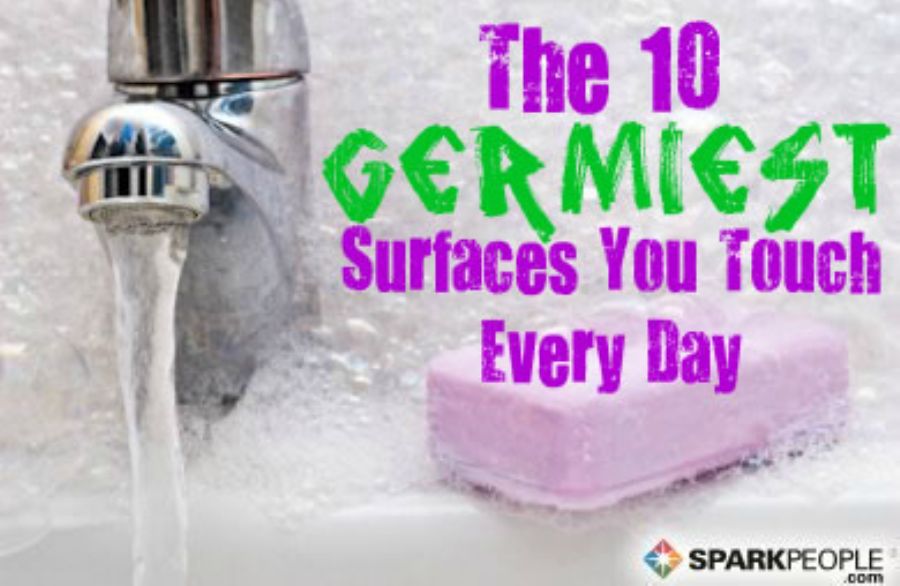
.png)
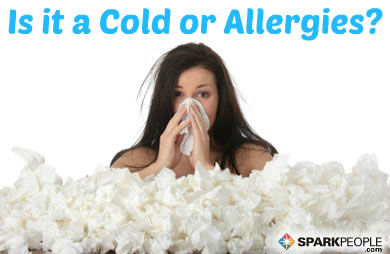

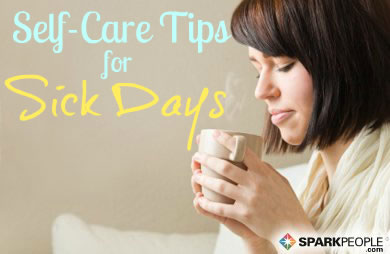
.jpg)
